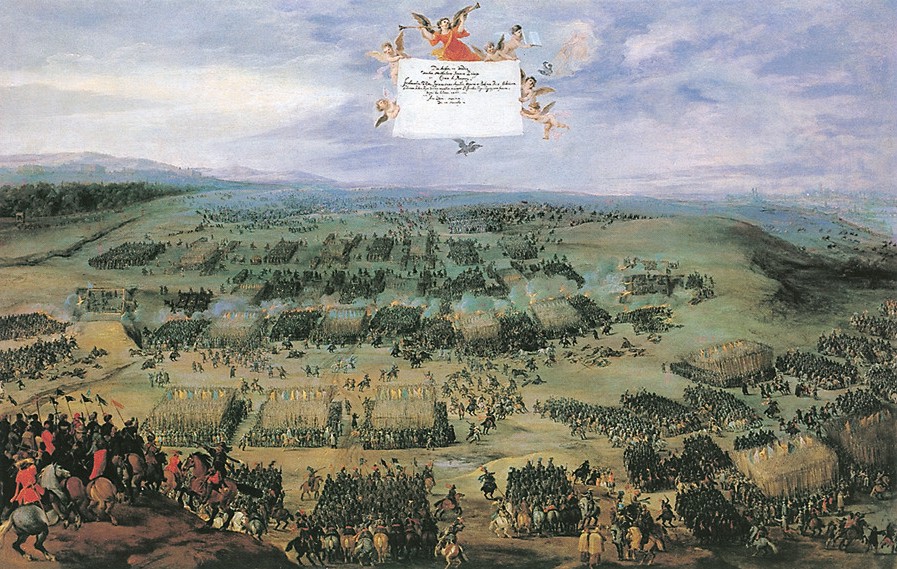The son of one of my friends - The son would be about 40 years old now - has been having a conversation with me about the meaning of unity, in the Church. He is a Calvinist christian doing studies in a Baptist-like theological school. As a part of his studies, he's been looking into the question of church unity, and disunity. And since he knows me, he's been asking me questions about the Catholic perspective on the issues he's studying. We have had several rounds of discussion already and it would be unfair of me to reproduce those discussions, without first consulting with him about whether he wants anything that he's written, to appear in this forum. So, I will reproduce only my most recent reply to him regarding The question of unity. It is shown below the line.
Thank you for your considered reflections. You rightly note that various ecclesial communities articulate differing conceptions of the Church’s nature and unity. However, from a Catholic perspective, the Church founded by Christ “subsists in the Catholic Church, which is governed by the successor of Peter and by the Bishops in communion with him” (Lumen Gentium, §8). This formulation affirms that while elements of sanctification and truth exist outside her visible structure, the fullness of Christ’s Church remains uniquely and enduringly present in the Catholic communion.
The Catholic critique of Protestant ecclesiology is not a dismissal of sincere faith or doctrinal convergence, but a theological response to the revealed structure of the Church. As Dominus Iesus (§16) clarifies, “the ecclesial communities which have not preserved the valid Episcopate and the genuine and integral substance of the Eucharistic mystery are not Churches in the proper sense.” This is not a polemical assertion but a doctrinal distinction rooted in sacramental and apostolic continuity. Unity, in Catholic understanding, is not merely mutual recognition but visible communion in faith, sacraments, and governance.
Your concern for ecumenical charity is well placed. The Church teaches that “many elements of sanctification and of truth are found outside of her visible structure” (Lumen Gentium, §8), and she earnestly seeks unity through dialogue and mutual understanding. Yet, fidelity to Christ’s intention for His Church requires clarity: unity must be more than doctrinal harmony—it must be sacramental and hierarchical, as instituted by Christ and perpetuated through apostolic succession.
Thank you for your considered reflections. You rightly note that various ecclesial communities articulate differing conceptions of the Church’s nature and unity. However, from a Catholic perspective, the Church founded by Christ “subsists in the Catholic Church, which is governed by the successor of Peter and by the Bishops in communion with him” (Lumen Gentium, §8). This formulation affirms that while elements of sanctification and truth exist outside her visible structure, the fullness of Christ’s Church remains uniquely and enduringly present in the Catholic communion.
The Catholic critique of Protestant ecclesiology is not a dismissal of sincere faith or doctrinal convergence, but a theological response to the revealed structure of the Church. As Dominus Iesus (§16) clarifies, “the ecclesial communities which have not preserved the valid Episcopate and the genuine and integral substance of the Eucharistic mystery are not Churches in the proper sense.” This is not a polemical assertion but a doctrinal distinction rooted in sacramental and apostolic continuity. Unity, in Catholic understanding, is not merely mutual recognition but visible communion in faith, sacraments, and governance.
Your concern for ecumenical charity is well placed. The Church teaches that “many elements of sanctification and of truth are found outside of her visible structure” (Lumen Gentium, §8), and she earnestly seeks unity through dialogue and mutual understanding. Yet, fidelity to Christ’s intention for His Church requires clarity: unity must be more than doctrinal harmony—it must be sacramental and hierarchical, as instituted by Christ and perpetuated through apostolic succession.
Last edited:



